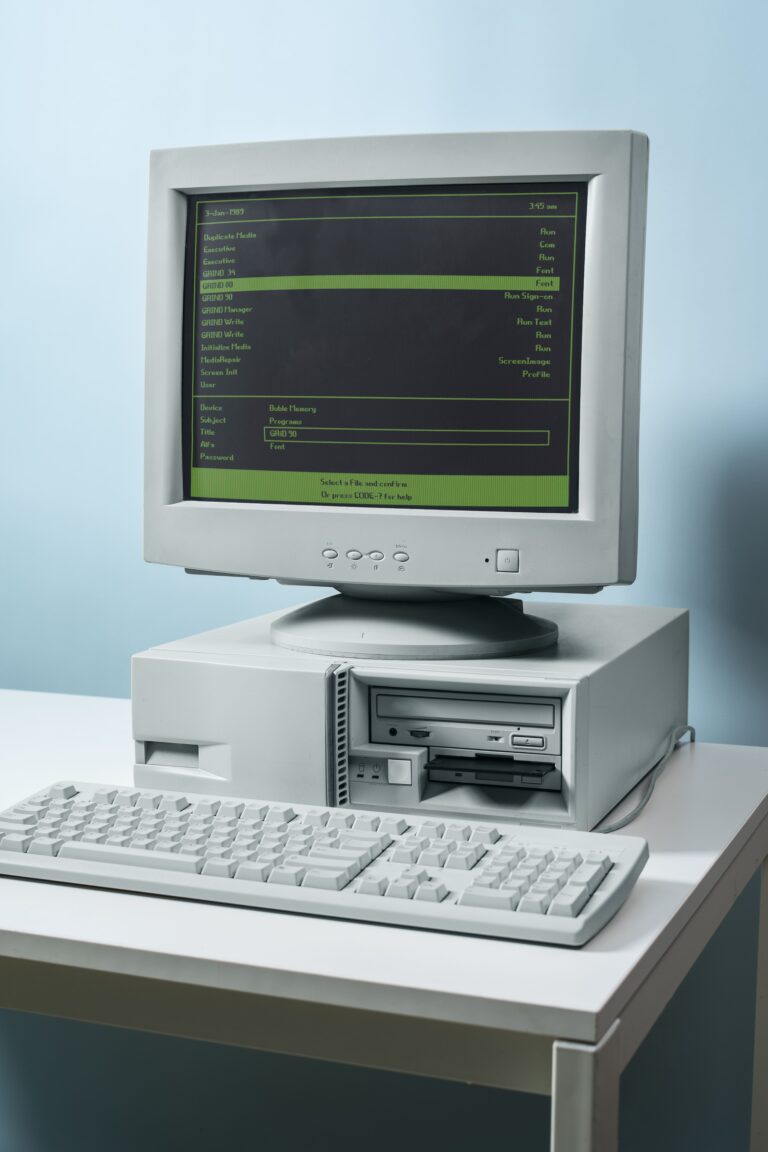
Introduction
In today’s fast-paced digital landscape, businesses are increasingly relying on modern technologies to stay competitive. Yet, many organizations still depend on legacy applications — older software systems that may no longer be supported by vendors or compatible with modern infrastructure. Legacy application migration is the process of updating or transforming these outdated systems to align with current technologies, ensuring continued operational efficiency, security, and scalability.
In this blog, we will explore the importance of legacy application migration, the challenges it presents, and the strategies for a successful migration journey.
The Need for Legacy Application Migration
Legacy applications, while once state-of-the-art, often become problematic over time. They may:
- Increase Operational Costs: Maintaining outdated systems typically requires specialized knowledge and can lead to escalating costs, particularly when hardware and software reach end-of-life stages.
- Security Risks: Older systems are more susceptible to vulnerabilities as vendors may no longer provide updates or patches to protect against modern threats.
- Lack of Compatibility: Legacy applications may struggle to integrate with modern systems, causing operational inefficiencies and stalling innovation.
- Reduced Agility: Companies relying on legacy systems may find it difficult to respond to market changes or customer demands due to inflexible and outdated processes.
Key Benefits of Legacy Application Migration
- Enhanced Performance: Migrating to modern systems can significantly boost performance and speed, reducing downtime and improving customer experiences.
- Cost Savings: While migration has an initial cost, the long-term savings in terms of maintenance, reduced downtime, and fewer security risks are significant.
- Scalability: Modern systems are built to grow with your business. Migration can pave the way for future expansion without the limitations of outdated technology.
- Improved Security: Modern platforms offer enhanced security features that are crucial in today’s cyberthreat landscape. Regular updates and compliance with industry standards ensure the protection of sensitive data.
Challenges of Legacy Application Migration
While the benefits are clear, legacy application migration comes with its own set of challenges. These include:
- Data Complexity: Legacy systems often house a vast amount of complex data that needs to be accurately migrated without disruption to business processes.
- Downtime Risk: Migration projects can result in downtime if not handled carefully, potentially impacting day-to-day operations.
- Compatibility Issues: Ensuring that the migrated application integrates seamlessly with other modern systems can be a technical challenge.
- Resistance to Change: Employees and stakeholders may resist the migration, fearing disruption to their workflows or facing a steep learning curve with new systems.
Strategies for a Successful Legacy Application Migration
A successful legacy application migration requires careful planning and execution. Here are some key strategies:
- Assess the Current System: Begin by conducting a thorough assessment of the current legacy system. Identify what functions well, what needs improvement, and whether certain features can be carried over or should be replaced.
- Choose the Right Migration Approach:
- Rehosting (Lift and Shift): This involves moving the application as-is to a new infrastructure without modifying the underlying code.
- Re-platforming: In this approach, minor changes are made to the system to improve performance without altering its core functionality.
- Refactoring or Re Architecting: This is a more comprehensive approach where the application is rewritten or restructured to fit into modern architectures.
- Replacement: If the legacy system is beyond salvage, a complete replacement with a new, modern system may be the best course of action.
- Prioritize Data Integrity: Ensuring data integrity is paramount in any migration. Implement data validation procedures and backup plans to mitigate the risk of data loss or corruption.
- Test Extensively: Rigorous testing is critical before, during, and after migration. This will help identify any compatibility or performance issues that could impact the user experience.
- Train and Support Users: Provide training and ongoing support to employees to help them adapt to the new system. Change management strategies can help smooth the transition.
- Partner with Experts: Legacy migration is complex and can overwhelm internal IT teams. Partnering with experienced migration service providers can help ensure a smoother and more efficient transition.
Ready to Modernize Your Legacy Systems?
Legacy Application Migration Use Case: Modernizing Business Operations
In many industries, outdated software systems are preventing companies from taking full advantage of modern technological advances. For example, businesses may find their legacy systems hindering productivity, data accuracy, or customer service.
By migrating to modern platforms, companies can streamline operations, reduce costs, and provide enhanced services. Migration to cloud-based solutions enables real-time data access, improved collaboration, and faster response times, giving businesses the flexibility to scale and innovate as market demands evolve.
Conclusion
Legacy application migration is an essential process for businesses that want to remain competitive in an increasingly digital world. While challenges may arise, the benefits of modernization — from enhanced performance and security to cost savings and scalability — far outweigh the risks of clinging to outdated systems.
If your organization is considering legacy application migration, it’s crucial to approach it with a well-thought-out plan, the right technology partners, and a commitment to ensuring data integrity and system performance.
